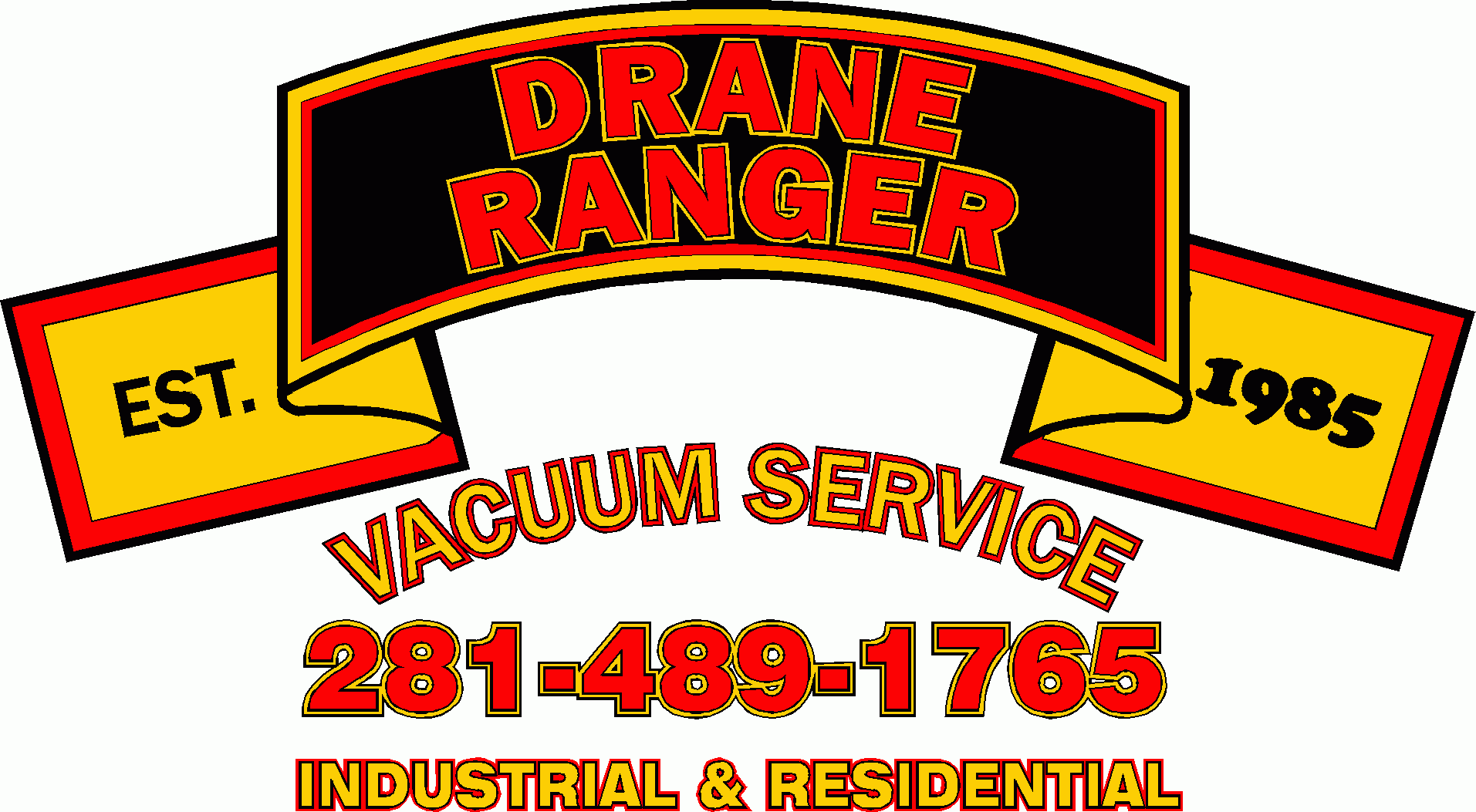Clogged drains can occur at any time and can be incredibly inconvenient. Clogs can range from slight slowdowns in water flow to a complete stoppage of drainage that may require professional intervention. Keeping up with regular preventative maintenance, including regular cleanings, is your best bet for avoiding clogs. If you do have a blockage, read on about these most common types of drain clogs and how to address the issue swiftly and effectively.
Hair Clogs
Ahh, the infamous hair clog. It’s a common problem that most of us encounter at some point, and it always seems to happen at the most inconvenient times. Fortunately, there are some easy steps you can take to prevent and remove hair clogs from your drains.
One of the best things you can do is invest in a drain cover or hair trap for your drains to trap hair before it goes further down. Another key tip is to avoid pouring hair products or oils down your drain, as they can contribute to clogs. And if you do find yourself dealing with a stubborn hair clog, try using a drain snake or a mixture of baking soda and vinegar to break it up and clear it out.
Grease Clogs
Grease clogs can occur for a variety of reasons, from pouring oil or grease down your drains to accumulation of oils from cooking over time. Whatever the cause, they can be a major inconvenience, causing slow draining, unpleasant odors, and even complete blockages.
Luckily, there are a variety of effective ways to remove grease clogs. Traditional methods, such as using a plunger or pouring boiling water down the drain, can work for mild clogs. For tougher blockages, specialized products designed to dissolve grease, like enzymatic drain cleaners or vinegar and baking soda, are a great solution.
If you have grease traps or deal with a lot of grease, then preventative maintenance is strongly recommended. Drane Ranger offers regular grease trap cleaning services. This will ensure your systems are working at maximum efficiency and help prevent grease trap issues that can lead to slowed business and even safety risks.
Soap Scum Clogs
One of the main causes of soap scum clogs is hard water, which leaves a residue behind after each use. Additionally, using bar soap instead of liquid soap can contribute to soap scum accumulation.
Regularly cleaning with vinegar or lemon juice can break down soap scum and scrubbing with baking soda can help remove buildup. Switching to liquid soap or using a squeegee to wipe down surfaces after each use can also prevent soap scum from forming.
Food Clogs
It turns out some foods are more likely to be the culprits behind your drain dilemma. Grease and fat from cooked meats, dairy products, and butter are top offenders in clogging up pipes. If a mix of hot water, baking soda, and vinegar doesn’t clear out food clogs, then a drain snake will likely be needed. For that, you’ll likely need to call a professional.
The Best Preventative Maintenance for Clogged Drains
If you’re worried about clogged drains slowing your down, then it may be time to schedule regular maintenance for your systems. Drane Ranger offers a range of professional grease, lint, and grit trap cleaning services to help your drains stay clear and working properly. Contact us today to learn more. Is your drain clogged and causing inconvenience? Don’t worry; we can fix it for you! Our team is just one click away.
